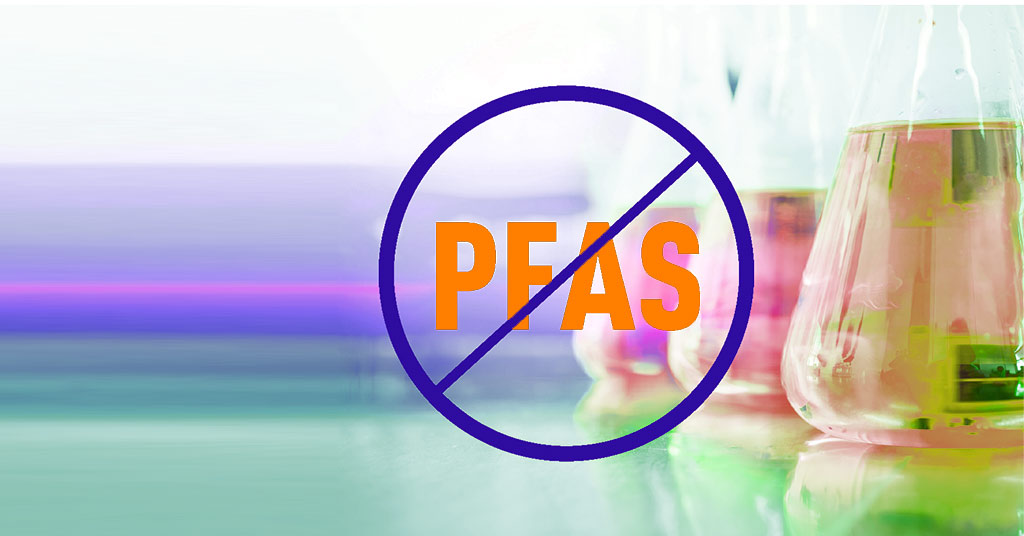Welcome To ChemAnalyst

Europe: The European Commission, Parliament, and EU member states have made impressive commitments to phase out combustion-driven vehicles and move towards fully electric fleets, as well as an ambition to create a circular EV production system in Europe. The EU's Green Deal plan relies heavily on the transition to electrification. However, there are still many questions about how this massive demand will be satisfied.
Given that it provides various technologies necessary for the construction of EVs, the chemicals industry clearly has a role to play. Electric motor components, battery packs, power electronics, technical fabrics, heat pumps, and cooling systems all largely rely on fluorinated chemistry, which is now under danger of being outlawed in Europe.
A draught limitation proposal for per- and poly-fluoroalkyl substances (PFAS), which include thousands of different fluorinated chemicals, many of which are necessary for modern life, was released by the EU earlier this year.
The draught does not consider the radically varied profiles of chemistries covered in its scope, making it the largest chemical restriction proposal in the history of the EU.
The automotive industry, where fluorinated chemistries are essential for everything from EV battery manufacture, faster charging, expanded range size, heating, and cooling, to sourcing, supply chains, distribution, and logistics, would suffer greatly if the plan were to be implemented in its current form.
In the absence of workable alternatives, the potential implications of a PFAS prohibition in just mobile air conditioning were estimated to be more than €200 billion over a ten-year period (commercial and societal expenses).
If you multiply that by all applications, the idea effectively has the potential to destroy the European auto sector.
Despite having good safety and sustainability characteristics, fluorinated gases (f-gases) have sadly been included in the scope of the PFAS restriction proposal.
They contribute to the inside of the car's cooling system as well as cooling EV batteries while they are being charged. They are also utilised in heat pump systems, which increases EV driving range while reducing the weight of the battery and air conditioning components.
Compared to earlier generations of f-gases, this ground-breaking technology minimises the global warming impact of mobile air conditioning refrigerants by more than 99 percent.
Like fluoropolymers, which are also covered by the PFAS ban, these speciality, high-performance plastics have a special combination of qualities required for electric cars, particularly in key components for lithium-ion battery cathodes because of their durability and safety at high voltages, which allow for their use at high temperatures and excellent adhesion properties.
To facilitate a constant and secure flow of lithium ions inside the battery, they are also utilised as a separator material. By increasing the electrode material's adhesion, lowering the chance of short circuits, and raising the thermal and chemical stability of the separator material, they ultimately enhance the performance and safety of EV batteries.
The importance and irreplaceability of f-gases and fluoropolymers are highlighted by the absence of suitable substitutes.
These chemistries are appropriate for difficult applications because of their high levels of efficiency, safety, and durability, including light-weighting, durability, heat resistance, insulation and thermal management, cooling, and circularity, among others.
Therefore, to overcome the many technical obstacles, they encounter, automakers need to have access to innovations generated from these chemistries. The manufacturing and accessibility of EVs may suffer severely if these developments are not allowed in Europe.
Therefore, it is essential that all parties interested in developing and safeguarding the European automotive industry have a voice to stop damaging, non-scientific regulation from hindering the innovation required for electric car development.
It is possible to employ fluorinated chemistry sensibly and safely. It is essential for EVs as well as halting climate change and building a more sustainable future for all of us.
We use cookies to deliver the best possible experience on our website. To learn more, visit our Privacy Policy. By continuing to use this site or by closing this box, you consent to our use of cookies. More info.
